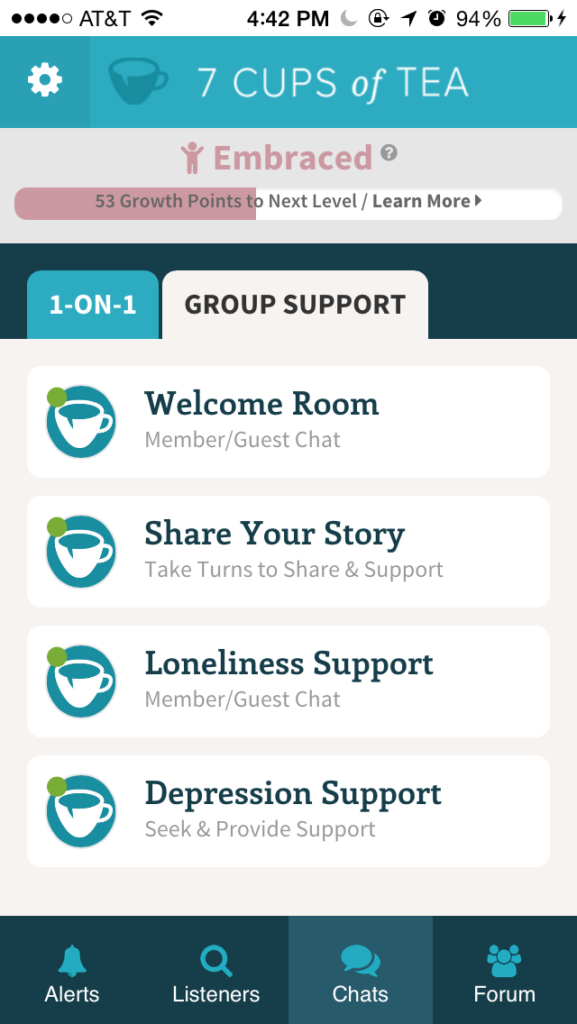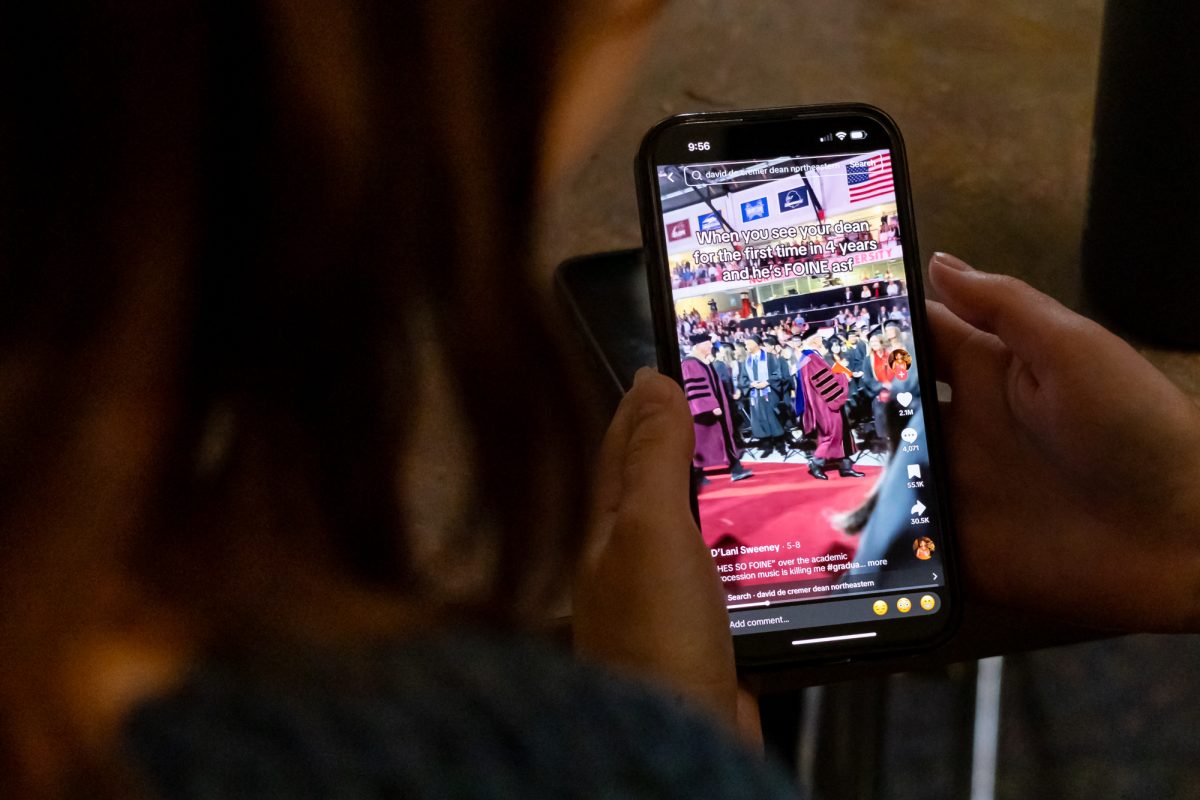By Rowena Lindsay, inside editor
Chinese poet Lu Tong wrote a poem called “Seven Bowls of Tea” that equates each serving of tea to a different level of healing. That philosophy is the basis for 7 Cups of Tea, a mobile application and website that helps users work through their problems.
7 Cups of Tea is a messaging app that pairs anonymous users with trained active listeners who will listen to their problems and provide support.
“We are trying to build a place where there are no stereotypes and stigmas, and just love and support – a place where all 7 billion of us can belong and feel welcomed,” 7 Cups of Tea founder Glen Moriarty said of the mission behind the app.
He described talking to the trained active listeners on 7 Cups of Tea as a middle ground between going to therapy and talking to family or friends for those who do not have easy access to either of those options.
The app is widely used, with over 70,000 listeners in 150 countries speaking 130 languages. Anyone can use the app as long as they are not suicidal, homicidal or abusive, as it is a support program and not a crisis line.
Users can either get a randomly selected listener or browse listeners to find someone who has been through similar problems. Moriarty explained it as a wounded healer effect.
“We have all been through [hard times], and when you can help out someone who is going through the same thing, it is a way to make meaning out of that past experience,” he said.
To become a listener, one must complete an online training program and practice having conversations with other listeners. Once they have passed the course, listeners can continue to gain credentials in a variety of specialized areas, such as breakups, bullying and panic attacks, so they will be better equipped to help people with those particular issues.
Moriarty came up with the idea for the app while talking through a problem he was having with his wife, who is a therapist.
“She was listening to me and I felt better, and I was thinking, ‘Man, what do people do who don’t have a therapist for a spouse?’” he said. “And then it struck me that … everyone should have someone to listen to them and there had not yet been a service created that [sic] you could be listened to.”
Since its creation, 7 Cups of Tea has partnered with a wide variety of mental health awareness organizations, including Active Minds, Pace Yourself LGBT and the International Bipolar Foundation.
They also have a partnership with Tumblr whereby anytime a user writes a post that references a mental health issue, Tumblr sends that user a message saying that there are people who care and are there to listen on 7 Cups of Tea. This is a particularly effective way of reaching young people since 13 percent of 18- to-29-year-olds use Tumblr, according to Pew Research Center.
“The research is pretty clear, college students are experiencing an increasing amount of stress and not using the traditional services that people use – whether that is a counseling center or therapy,” Moriarty said. “So a lot of students tend to struggle alone.”
However, 7 Cups of Tea is both anonymous and convenient, and can be an alternative to therapy for busy, self-conscious or poor college students, according to Moriarty. Many therapists have waiting lists or can only see their patients once per month, but 7 Cups of Tea provides instant listeners and can be used as frequently as necessary.
“Often college students have problems that they don’t feel are a big enough deal to take to a counselor, but it’s still something that’s weighing on them and causing additional stress,” Elke Thoms, a sophomore psychology major, said. “Sometimes feeling like you have no one to share your problems with is more stressful than the problem itself.”
Anna Iversen, a sophomore health sciences major, thought that it would be a good resource for students but also stressed the importance of face-to-face interactions.
“This app seems largely promising,” she said. “I also think it’s important for troubled individuals to have face-to-face interactions with professionals. This app should be more of a stepping stone or supplement in addition to finding professional help.”
Moriarty and his team are currently working to form partnerships with colleges and universities to make personalized versions of 7 Cups of Tea for individual schools.
“You can imagine [how it would work at] Northeastern if there was a page where Northeastern students listened to other Northeastern students,” Moriarty said. “We are just starting that, but we think that it has the potential to do a tremendous amount of good.”
Graphic by Rowena Lindsay









